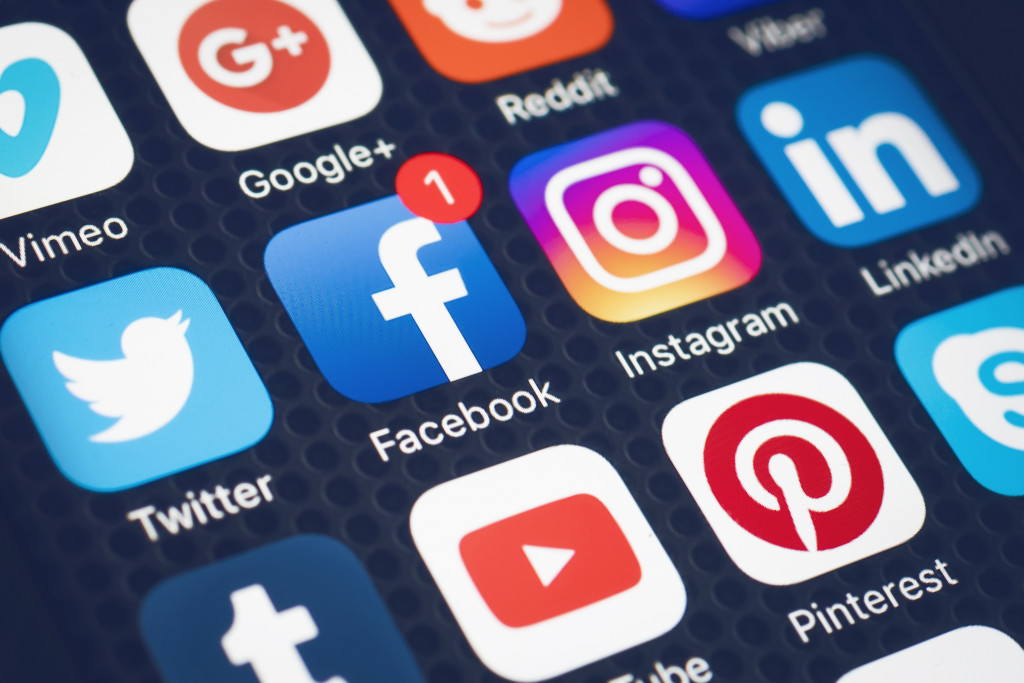Social media hasn’t been around that long, but audiences are rapidly coming to realize how easy it can be used to sway our perceptions and opinions. For instance, a former Facebook employee-turned-whistleblower sheds light on how the platform has been used to manipulate audiences for political gain and misinformation.
On a smaller scale, other news stories have called into question the authenticity and effectiveness of social media influencers. Are these once-trusted marketing partners now fading into irrelevance?
How influencers work
Influencers are descended from the celebrity brand endorsers of years past. While some might be celebrities in the traditional sense, many are ordinary people who have cultivated a dedicated, engaged niche following. And they know how to leverage that influence.
The sway of influencers was never going to be ignored by brands and marketing professionals. An influencer may not have the massive reach of a Super Bowl ad. But they don’t work that way. What they offer is the ability to reach precisely the right audience and build trust with them.
Targeting effectively has always been the key to marketing success. When you run a PPC ad campaign, you need data-driven management services; otherwise, you’re just wasting money. Influencers offer that same potential to connect with your target consumers. In this arrangement, brands simply have to determine the right influencer to represent them.
The mechanisms of influence
The power of influencers draws upon several components. An obvious one is social media savvy. You rarely see influencers from the boomer generation, for instance, partly because it’s harder for older demographics to master the medium.
On the other hand, younger influencers are a dime a dozen. They are digital natives. Maximizing their social media platform of choice comes almost like second nature to them.
Another requirement for success as an influencer is building trust through authenticity. People connect with influencers better than celebrity endorses because they can present a more relatable image.
At their best, influencers come across as real people. Their followers see them as someone like themselves. And in turn, this taps into a timeless and powerful marketing strategy: word of mouth.
You’re far more likely to trust the recommendations of family or friends. This is reflective of the psychological phenomenon of social proof; when in doubt, people conform to others they trust for the correct behavior. Successful influencers can use all of these elements.

Influencer fatigue
There is one peculiar, inherent challenge to being an influencer, though. They operate in a medium that changes continuously, often at great speed, and is also the primary source of information for many people in the digital age.
Even as the early influencers established themselves as marketing success stories, millions jumped onto the bandwagon. The market became saturated with people aspiring to follow the same template; few innovated enough to add value.
These would-be influencers were often a step down in terms of quality. They lacked the skills or the organically built trust with a well-defined audience. This tends to happen whenever you pursue only the external markings of success.
The internet was quick to relay stories belying the nature of the influencer industry. How fake followers and likes could be bought; how some influencers sought to parlay this questionable reach into freebies. Authenticity can’t be manufactured. People began to experience influencer fatigue and turn away from this marketing strategy.
The game has changed
As it has done in so many areas, the pandemic only accelerated these existing trends of disillusionment. In the time of Covid-19, influencers struggle to stay relevant. The age of the influencer may have lasted only a decade; what’s next?
Audiences themselves may be tapped by brands to generate content, a strategy known as UGC (user-generated content). It essentially works like a customer review, only with the social media and content elements dialed up. It attempts to provide that sense of authenticity without a hint of sponsorship or affiliation.
Marketing may also move increasingly towards niche, ‘micro-influencers’; people who still manage to build and leverage trust, but with a smaller, highly specific audience. They may refine their metrics and approach, seeking out more actual content creators instead of using likes and followers as their basis for measuring engagement.
For influencers themselves, the situation is no different from what it’s been for millions of Americans who’ve lost jobs. The world changes. Their platform, in particular, was always going to evolve rapidly. They need to reinvent themselves and acquire new skills or pursue a different line of work.
In the end, people will still turn to social proof, and brands will still search for ways to connect with audiences. The game isn’t over; it has merely changed. The new winners will be whoever manages to strike the right balance.




